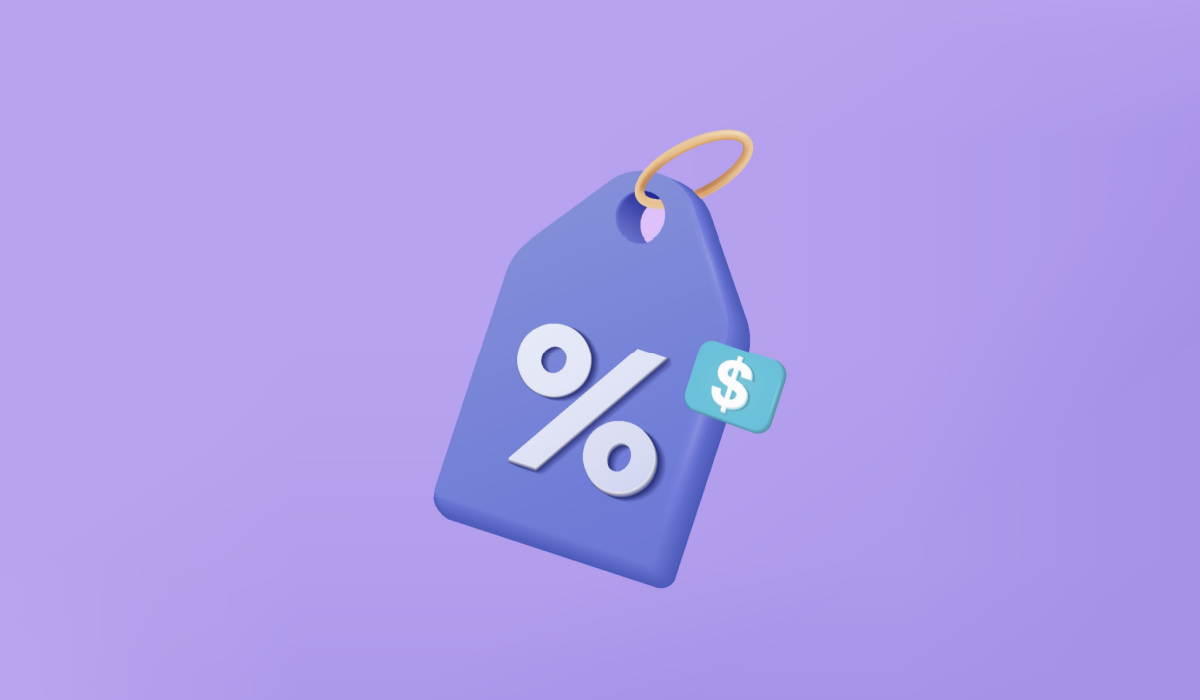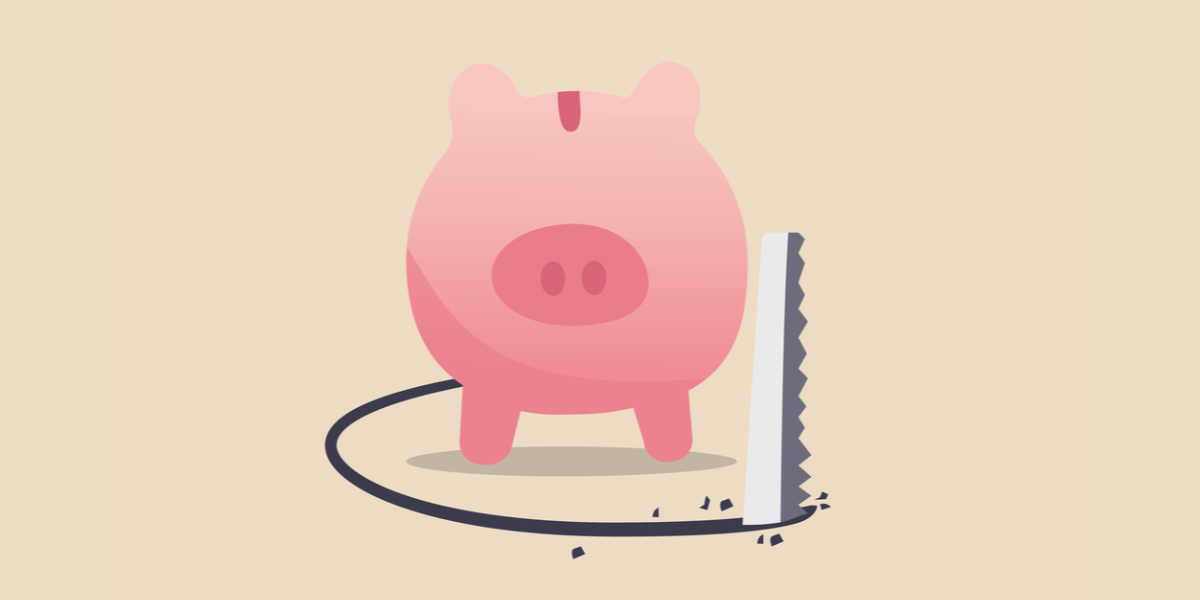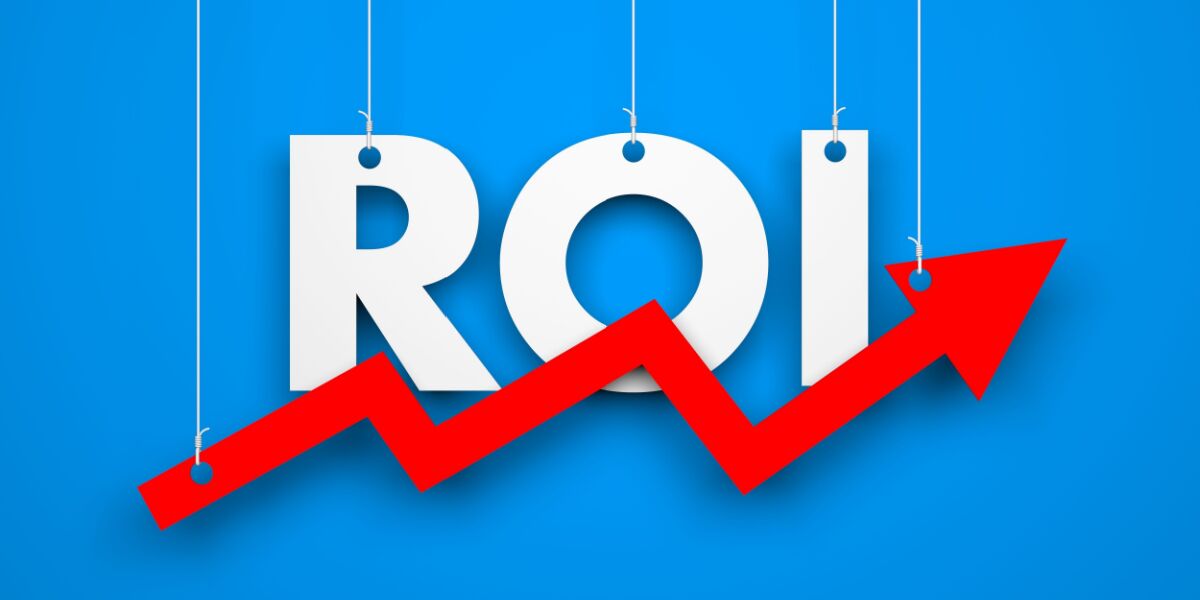You’ve worked hard and built a viable business. Your company earnings have supported your lifestyle, but now it’s time to sell your business. Maybe you want to retire, start another business, or take a year off. Selling should be easy because who wouldn’t want to buy a company that earns money every month?
Not so fast. Buyers are actually looking for businesses that meet certain criteria. My company has acquired more than 20 other businesses. I speak from experience when I tell you that successfully selling your company requires planning with the exit in mind.
5 Tips on How to Sell Your Business
Here’s how to sell your business to a prospective buyer such as myself.
1. Your Business Needs Structure and Processes
Most entrepreneurs do what needs to be done when they run a startup company. In the beginning, everyone does everything, and that’s how it should be. You make decisions on the fly, and there are no rules or procedures to follow. If you want to sell your business, though, you need more structure.
Buyers are looking for a company that uses processes and a well-trained team to implement them. If your team needs you to make decisions or perform their job, you’re not ready to sell. To get your company ready to sell, you must create processes for your daily operations and use them to get the work done.
2. You Need a Stable Management Team
Exceptional employees and team members are important assets for your company because they bring in customers and induce loyalty. However, your team members must be led by a competent and strong management team.
If there’s no clear leadership inside your organization, things fall apart once you leave. A potential buyer won’t be interested in running operations themselves. If you want someone to buy your business, it’s time to hire and train a management team to run the business.
3. Your Business Model Must Be Scalable
When I buy a business, I look for a scalable business model. It’s okay if you haven’t maxed out your growth opportunities because you didn’t have the investment capital to scale the business. But your company should be profitable and have future growth potential.
Don’t wait until your business is stagnant to try selling it because it won’t appeal to buyers. Instead, identify growth opportunities and do what you can to vitalize the company before you look for a buyer.
4. You Must Have Internal Documentation
I already shared the requirement for structure and processes, but documentation takes it one step further. You may already have a company way of doing things, but only you and your team members understand those processes. That’s not useful for a buyer because they can’t run the company without the core members of your team.
Document all the steps necessary to run the day-to-day operations. This includes details about how to complete the tasks and job descriptions for your team members.
You probably aren’t even aware of all the processes happening in the company. It may take some time to complete this documentation, but it will increase the value of your business.
Here are some documentation tools to get your processes down on paper (digitally):
- Guru
- GitHub
- Confluence
- Well-organized Google Docs
5. You Need Strong Relationships
As a business owner, you’ve built and cultivated relationships with vendors, suppliers, partners, customers, and clients. Those relationships are worth their weight in gold. To attract potential buyers, build your company around the people and organizations in your industry and showcase that network to potential buyers.
It’s not easy to sell your business, and I know you’ve put a lot of sweat equity into your company. If you follow these proven tips, you’ll increase your chances of finding the right buyer for your business.
Learn from These Successful Exits
Selling your business can be intimidating. Thankfully, there are founders who’ve successfully exited their companies. Learn from their stories:
- Zeb Evans exited a successful digital marketing business to build his next disruptive idea–ClickUp.
- Reid Hoffman became a Silicon Valley icon through the “PayPal Mafia” and by starting LinkedIn. After you exit a business, there will be a period of uncertainty.
- Learn how Toni Ko transitioned her identity after exiting to L’Oreal for $500 million.
- Marc Lore is an entrepreneur and owner of the NBA’s Minnesota Timberwolves. His billion-dollar exits are helping him the city of the future.
Not Ready to Sell Your Business? Learn How to Build One
If exiting a company is your end goal, then you need to build a business that is viable for selling. Thankfully, we’re here to help. Check out our catalog of free training courses. From managing your mindset to setting up your finances for sustainable growth, we’ve got the frameworks to build a business primed for selling.

















